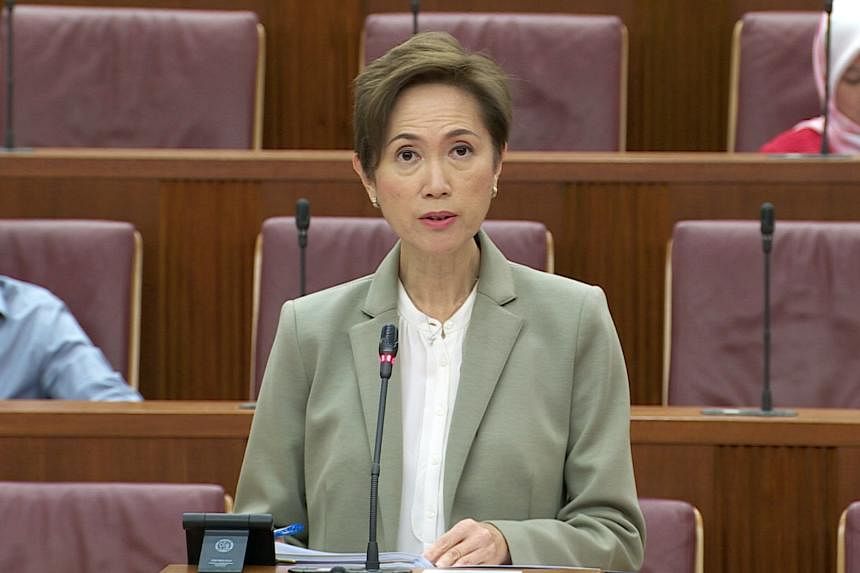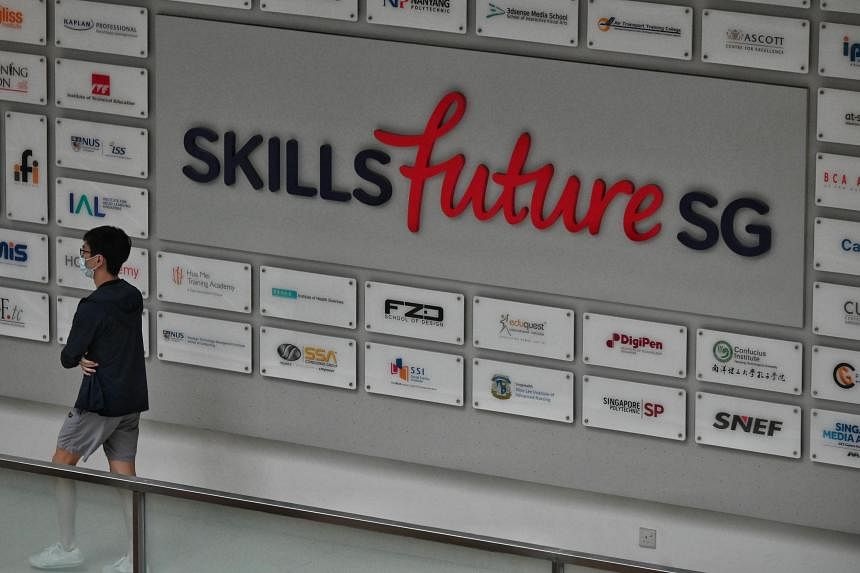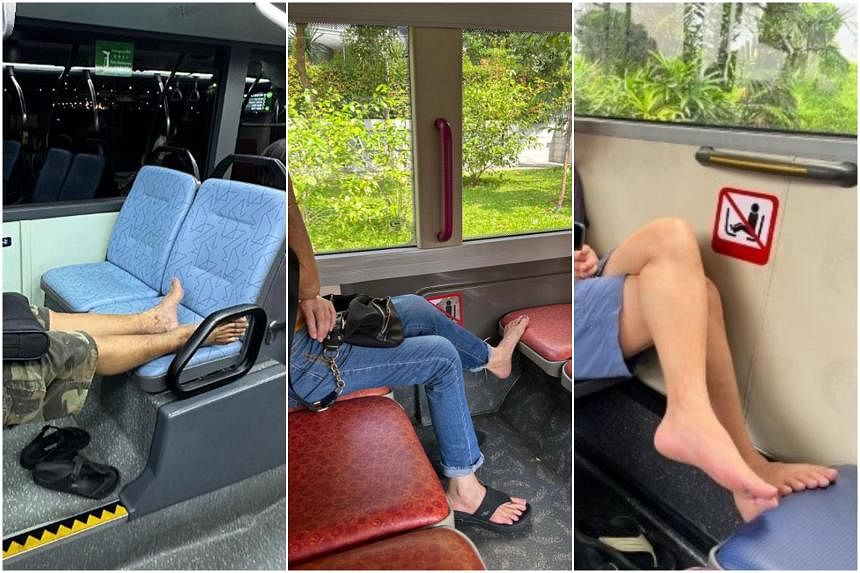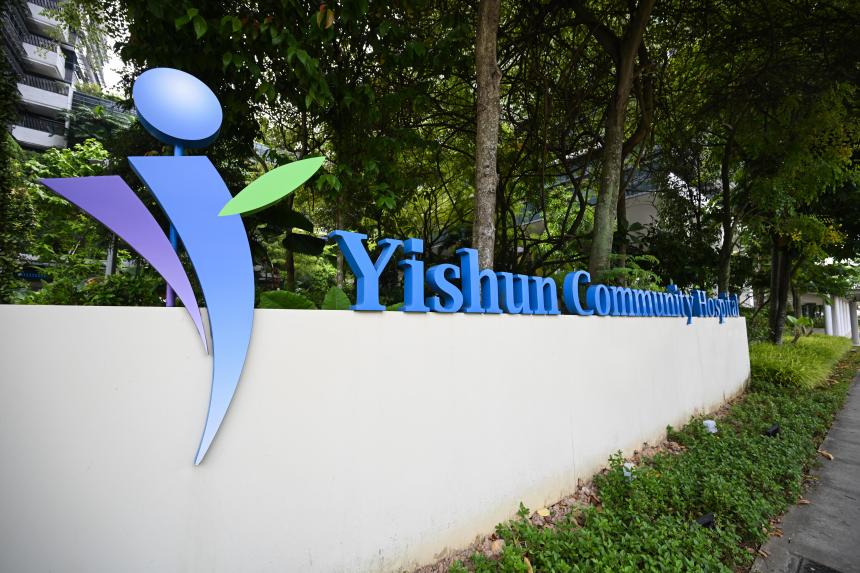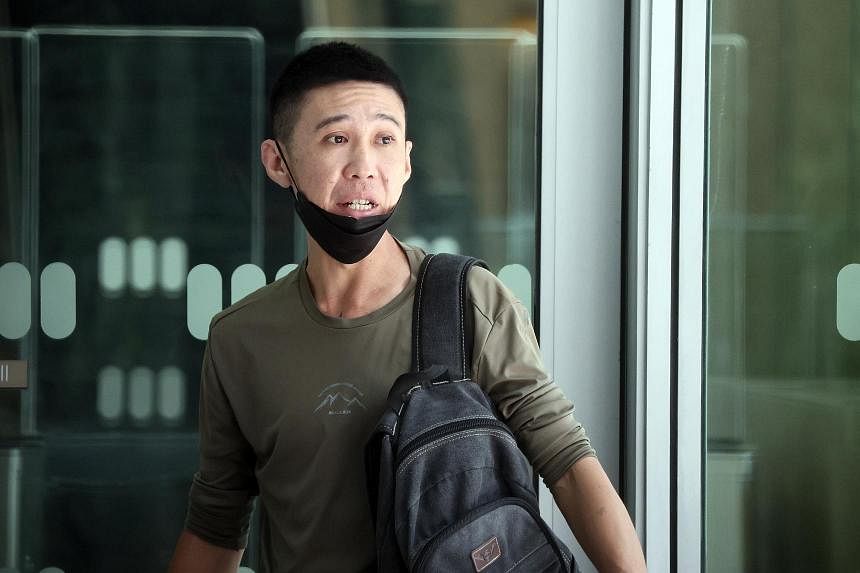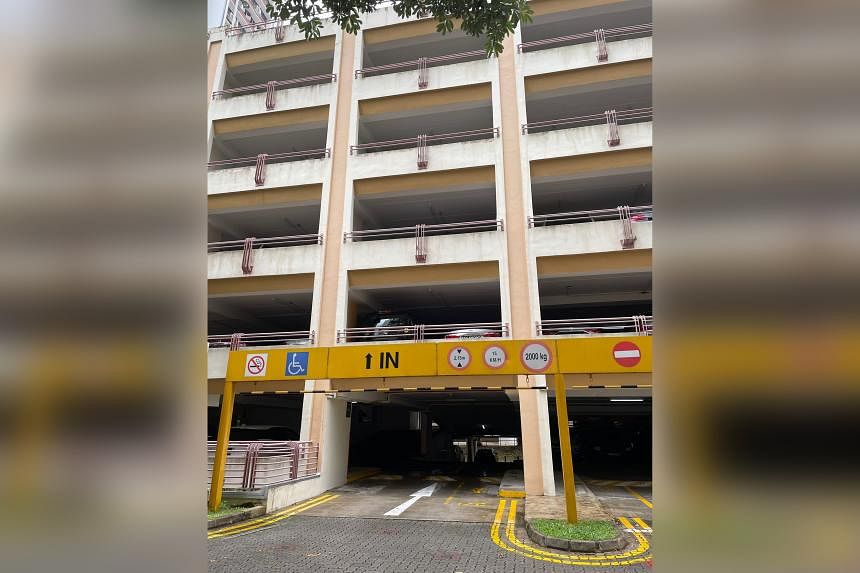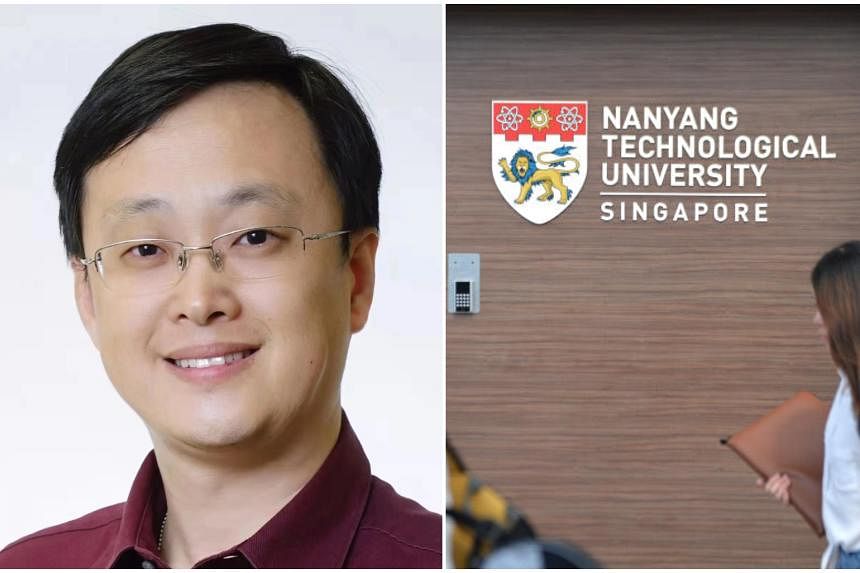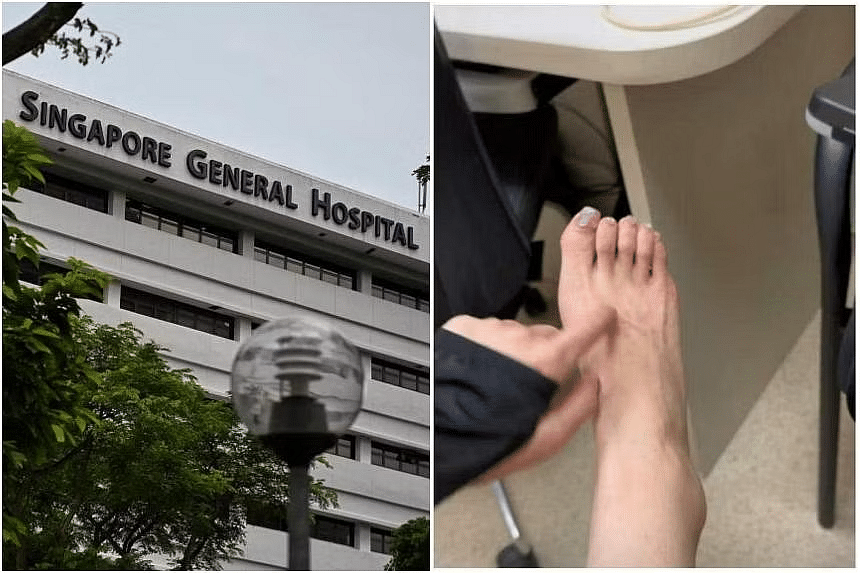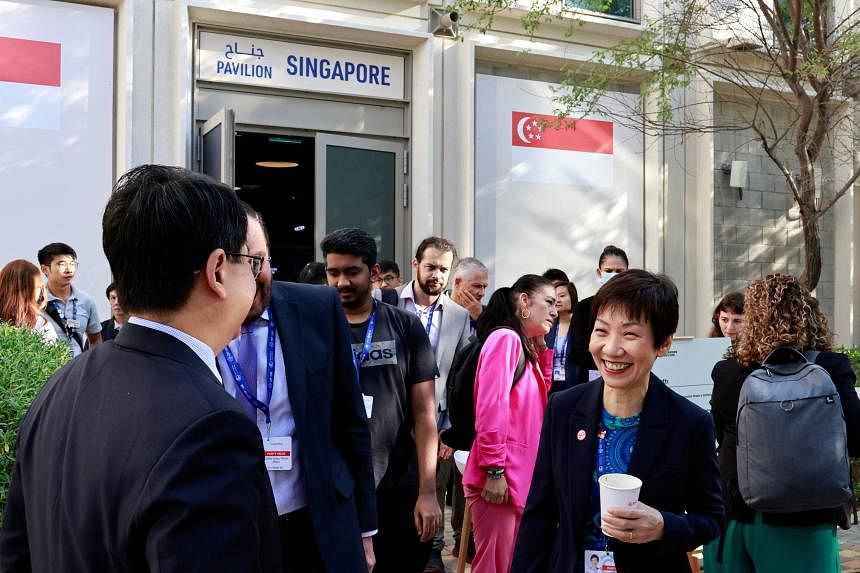Auditor-General finds SkillsFuture Singapore overpaid $4.22m, has yet to collect $43m in levies
SkillsFuture Singapore overpaid an estimated $4.22 million due to lapses in the management of its grants, said the Auditor-General's Office. PHOTO: LIANHE ZAOBAO
Hariz Baharudin
Assistant News Editor
JUL 20, 2022
SINGAPORE - The government agency in charge of lifelong learning here had overpaid an estimated $4.22 million due to lapses in the management of its grants, said the Auditor-General's Office (AGO).
In its
annual audit of government accounts, the AGO also flagged that SkillsFuture Singapore (SSG) was lax in enforcing the collection of Skills Development Levy (SDL) funds from 2015 to 2020, resulting in an estimated $43 million owed to the agency as at April this year.
The AGO detailed these and other findings in a report released on Wednesday (July 20) on government accounts for the 2021/2022 financial year.
It issued an unmodified audit opinion on the government's financial statements, as well as those of three statutory boards, four government-owned companies and two other accounts. This means it was satisfied with the financial statements audited, and that the statements met requirements and were prepared in accordance with accounting standards.
The AGO also carried out selective audits of four statutory boards and three government funds whose books were audited by external parties.
In the case of SSG, the AGO pinpointed several reasons for the lapses in grant management, including inadequate monitoring to ensure grants were given out to those eligible and insufficient checks by service providers on claims filed by training providers.
Grants were also disbursed to individuals and companies that were not allowed funding due to reasons like suspected fraud.
The AGO also said it "observed laxity" in enforcement by SkillsFuture in collecting skills development levies - a compulsory levy that all employers have to pay for all employees here to support workforce upgrading programmes.
"AGO is of the view that SSG was tardy in its enforcement actions and did not put in adequate effort to conduct audits of employers which potentially owed significant amounts of SDL," it added.
AGO also said it had audited the whole-of-government period contract and framework agreement on creative services for communications campaigns that was administered by the Ministry of Communications and Information (MCI), after it received complaints.
Under the agreement, public sector agencies can procure creative services from a panel of vendors, and at prices evaluated by MCI.
The AGO noted that MCI did not get approval from the appropriate authority for variation in this contract – the agreement had been approved at a value of $174 million for three years from October 2018.
The contract was subsequently extended by six months, but the total procurement made under the agreement as at Dec 31, 2021 was $322.74 million, nearly twice the initial approved value.
In response, MCI said part of the increase was due to the surge in communications campaigns such as for the Merdeka Generation Package and Covid-19 related communications on vaccination, jobs and safe management measures, which could not have been accounted for in 2018.
AGO also said that when MCI called a tender to appoint the vendors, it did not clearly state the unit of measurement for certain items that tenderers were supposed to quote for.
This led to different vendors using different units of measurement when public agencies procured their services – for instance, some vendors used “per man-hour” to measure manpower services instead of “per person” as MCI had intended.
During the tender evaluation, "MCI did not ascertain whether the tenderers had quoted on a like-for-like basis for items where quotes submitted by tenderers varied significantly", said AGO.
It flagged how the highest rates submitted by tenderers were 43 times to 92 times the lowest rates for some items. For instance, one tenderer submitted a bid of $900 for an item while another put in a bid of $82,800, or 92 times more, for the same item.
AGO added that the ministry did not monitor the spread of the $322.47 million worth of contracts awarded to the 39 vendors on the panel.
The top vendor was awarded 38 per cent of the total value, or $124.06 million, and the next two highest vendors getting 7 per cent ($22.90 million) and 6 per cent ($20.04 million) respectively.
For the top six public sector agencies by procurement value which tapped on the MCI framework, AGO noted that the same top vendor in the panel accounted for 14 per cent to 95 per cent of the awards made by these agencies.
The AGO stressed the importance of having a good spread of contracts to encourage vendors to bid for future tenders, and in turn ensure public agencies can continue to enjoy competitive prices in the long run.
MCI had consulted the Ministry of Finance (MOF) on the concentration risk, said AGO. "MOF’s view is that the inclusion of multiple vendors in demand aggregation contracts is to cater to the wide variety of needs that public sector agencies may have.
"If the high concentration of awards to a particular vendor on the panel is a result of the vendor being able to provide goods/services at a suitable pricing that best meet public sector agencies’ needs, this is not a negative outcome."
However, MCI has agreed that it was important to have a good spread of business opportunities in the creative services industry and to build up the experience and expertise of more industry players in government communications.
MORE ON THIS TOPIC
MOF to review how agencies buy, contract and pay for services in emergencies after AGO report
Three govt agencies make police reports over irregular bids flagged in AGO report
National water agency PUB also had lapses in how it assessed cost reasonableness of third-party items for campaigns, among others, the AGO said.
In its audit of the Ministry of Social and Family Development's (MSF) Community Care (ComCare) Endowment Fund, the AGO found lapses in control over cash and supermarket vouchers at two social service offices.
Officers there did not carry out the required checks on cash and supermarket vouchers, but signed off the logbooks indicating they had done so.
The checks were important as they served as independent checks on another officer, who had sole custody of the key and passcode to the safe containing the cash and supermarket vouchers, said AGO.
The AGO also uncovered management lapses in MSF's social service network system, which is used to administer ComCare assistance schemes.
It said there were delays in removing unneeded accounts for 60 per cent of the accounts that it test-checked.
"Not promptly removing unneeded accounts and their access rights may result in unauthorised activities such as changes to quantum of assistance given to applicants," said AGO. "Information on ComCare applicants and beneficiaries could also be compromised."
MOF, SSG respond to AGO
The Ministry of Finance (MOF) on Wednesday said it takes a serious view of AGO’s observations, and the leaders of the agencies concerned have reviewed each case to identify what caused the lapses and are taking steps to address them.
“The relevant agencies have initiated remedial steps, such as to recover excess funds disbursed and strengthen the management of contracts. We will also continue to share good practices to improve standards in public agencies,” MOF said.
It also stressed that the Government has no tolerance for fraud and corruption. A spokesman for SSG said the lapses resulting in overpayments had occurred between April 1, 2018 and June 30 last year.
SSG had determined the eligibility of applicants and training providers for grants and made payments based in part on declarations they made, she said.
Some of these declarations were wrong or inaccurate, and not all were picked up by internal checks, she added.
The spokesman said other errors had occurred during the manual processing of grants, including those made by SSG’s service provider.
MORE ON THIS TOPIC
Public sector accounts watchdog details steps taken to address lapses
AGO finds wastage of $5.39m of public funds at HPB over excess fitness trackers
SSG has since taken “immediate corrective action” and all cases highlighted by the AGO have been followed up on, said the spokesman.
The agency has reached out to affected training providers, companies and individuals to recover 93 per cent of the overpaid amount, she noted. Pending internal checks, the agency will contact the rest of the entities by the end of the month.
On the SDL funds, the SSG spokesman said the gap between the estimated levy payable and the actual payments has fallen from 18 per cent of the overall levies collected in 2008 to the current 3 to 4 per cent. But it added that a more effective system is needed to ensure that employers pay SDL promptly and accurately.
She added that all public sector agencies have paid in full their estimated underpayments to companies.



